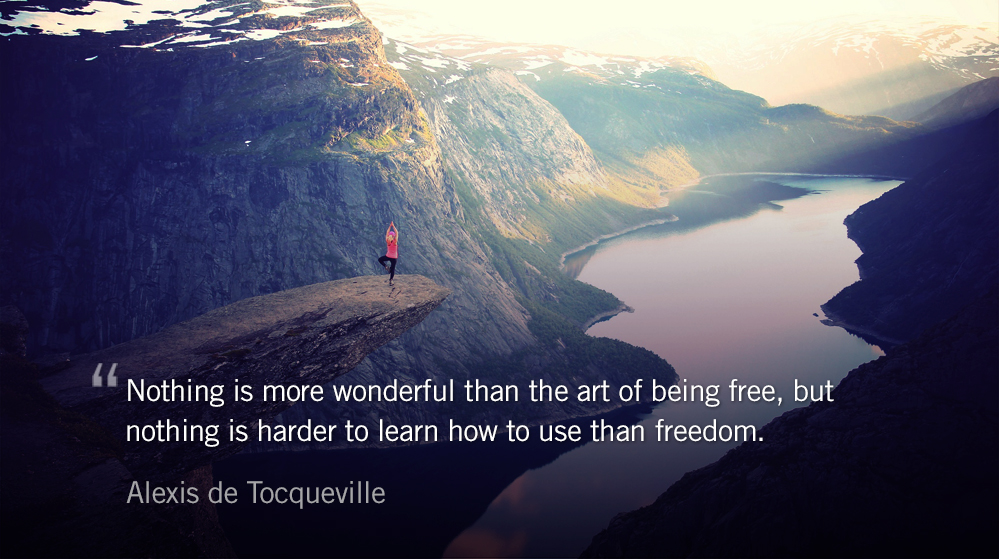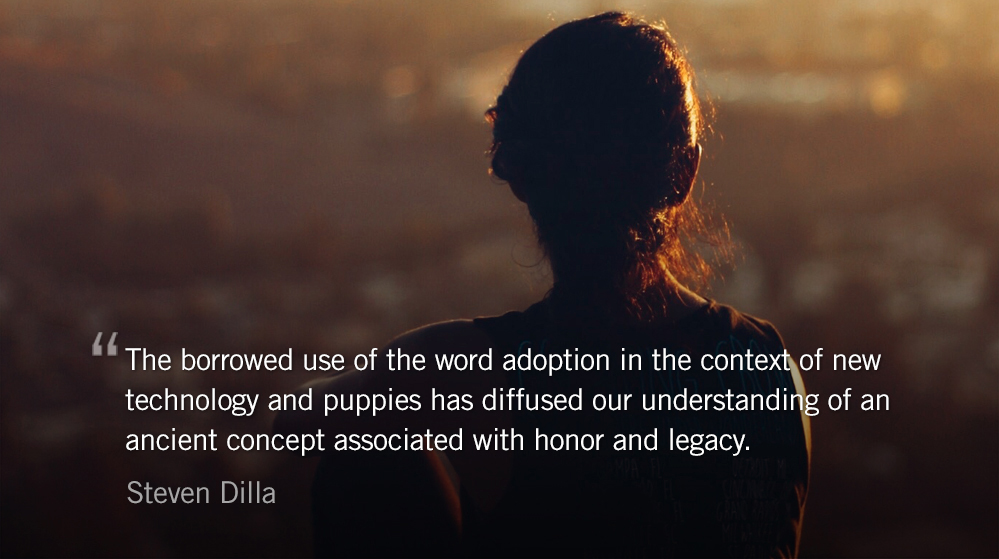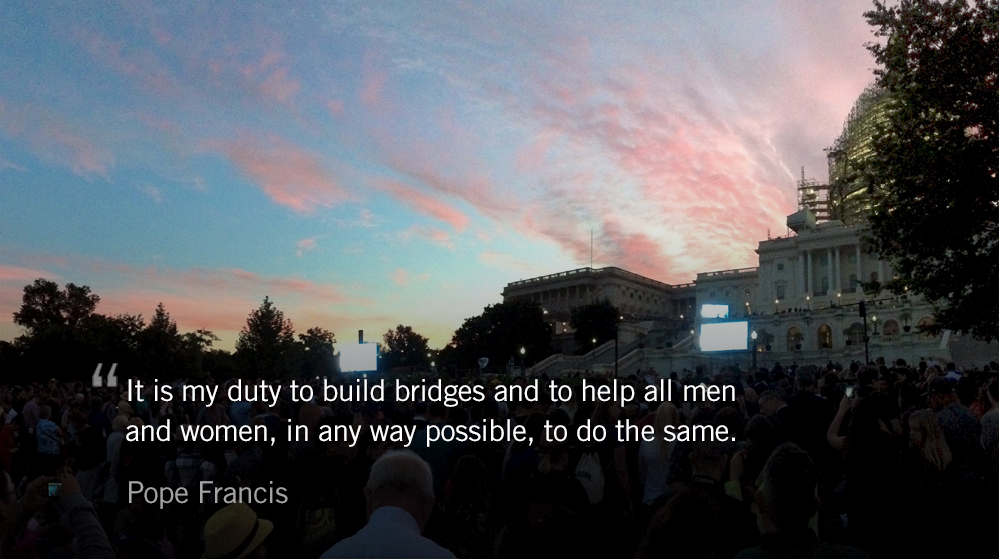Galatians 5.13
For you were called to freedom, brothers. Only do not use your freedom as an opportunity for the flesh, but through love serve one another.
Nothing is more wonderful than the art of being free, but nothing is harder to learn how to use than freedom. — Alexis de Tocqueville
True freedom is one of the richest fruits of Christianity. By it those who follow Christ are able to invest their faith into a broken world in profoundly diverse ways — participating in redemption through acts of service and vocation.
But freedom can be misused to allow a life of pride or apathy that disconnects the Christian from the world. In the worst cases the phrase “Christian freedom” is used as a defense against calling these acts what they really are — sin.
Paul explores freedom deeply in his writings. He defines its true acts as the Fruit of the Spirit and gives warning to those living in true freedom; “Let us not become conceited, provoking one another, envying one another.”
The Greek word for “conceited” can be literally translated, “vain-gloried” and occurs only here in Scripture. The United Bible Society clarifies its meaning:
In its use in secular literature, it is often associated with boastfulness and has the sense of “glorying in vain things” or “seeing value in things not really valuable.”
Sin makes us feel both superior (because we are trying to prove to ourselves and others that we are significant) and inferior (because at a deep level we feel guilty and insecure).
In different people these deep currents express themselves in different ways. Some people’s ‘glory-emptiness’ takes the form of bravado and pride; some people’s ‘glory- emptiness’ takes the form of self-deprecation and self-loathing. Most of us are in the middle, wracked by both impulses. — Timothy Keller
Through Christ we inherit freedom from this pomposity and crushing discouragement. This is the good news for us individually. When our freedom bears fruit — love, joy, peace, patience, kindness, goodness, faithfulness, gentleness, self-control — we become agents of human flourishing.
True freedom reorients our lives around acts of renewal — bringing the gospel to life in ways this world is desperate to experience.
Today’s Reading
1 Kings 1 (Listen – 7:52)
Galatians 5 (Listen – 3:22)









